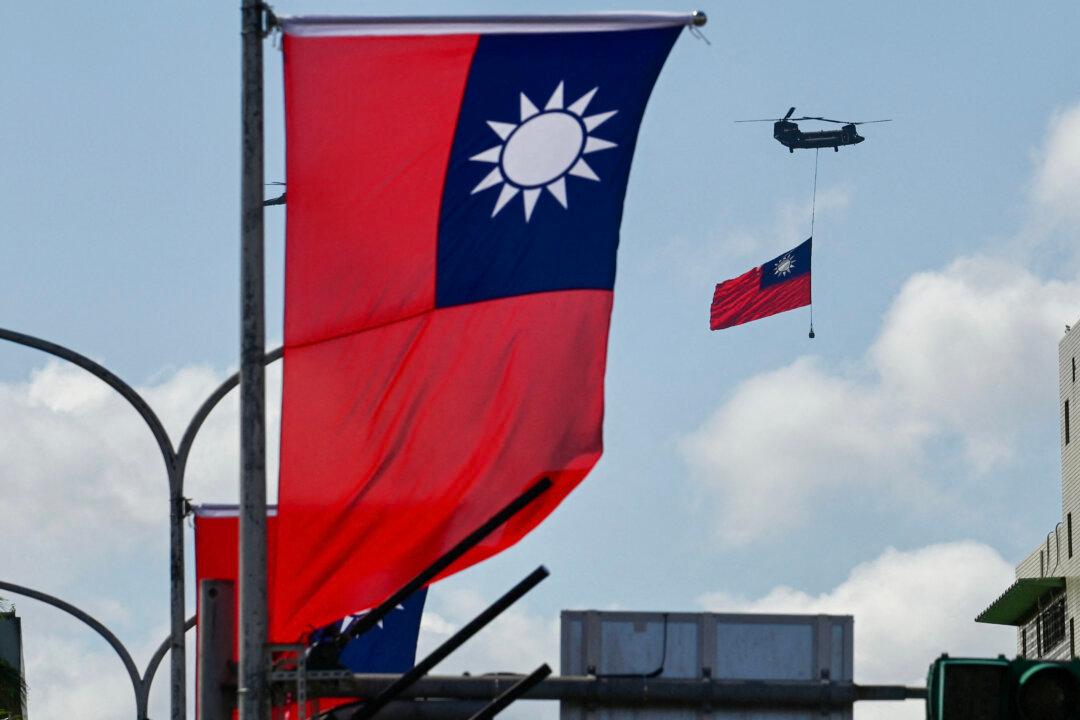Commentary
Sometimes one thinks Taiwan’s defense is just a question of hardware. Buy or build this-and-that weapon in the right quantities, and don’t buy or build this-and-that weapon—and all will be fine. The Chinese will be deterred.

Sometimes one thinks Taiwan’s defense is just a question of hardware. Buy or build this-and-that weapon in the right quantities, and don’t buy or build this-and-that weapon—and all will be fine. The Chinese will be deterred.